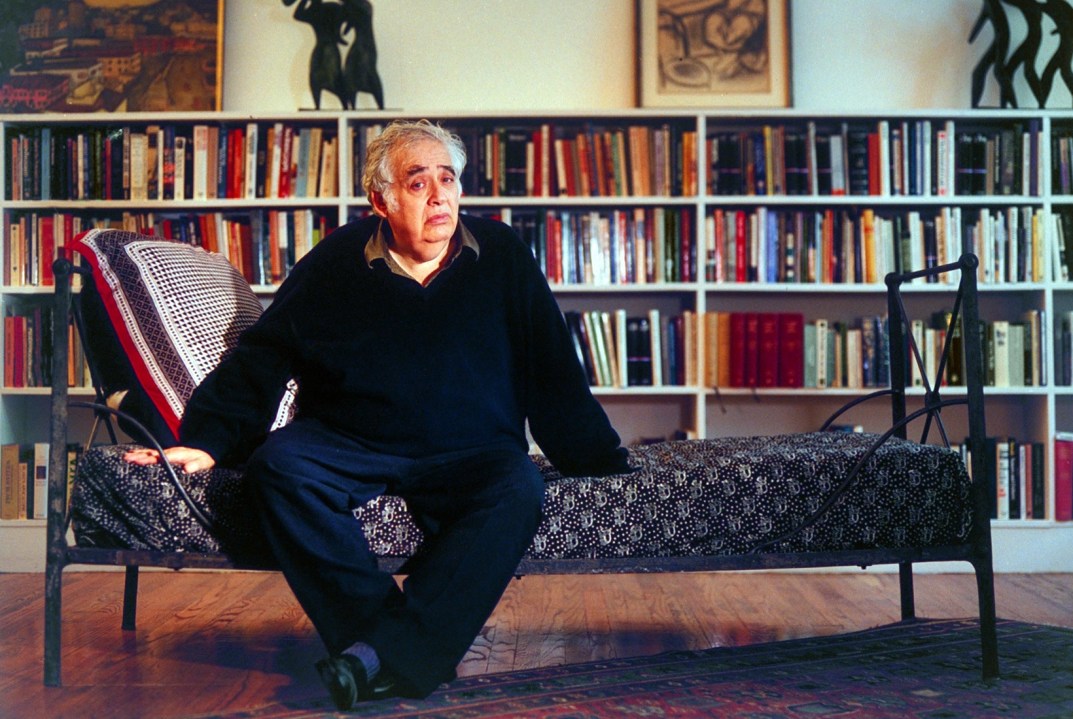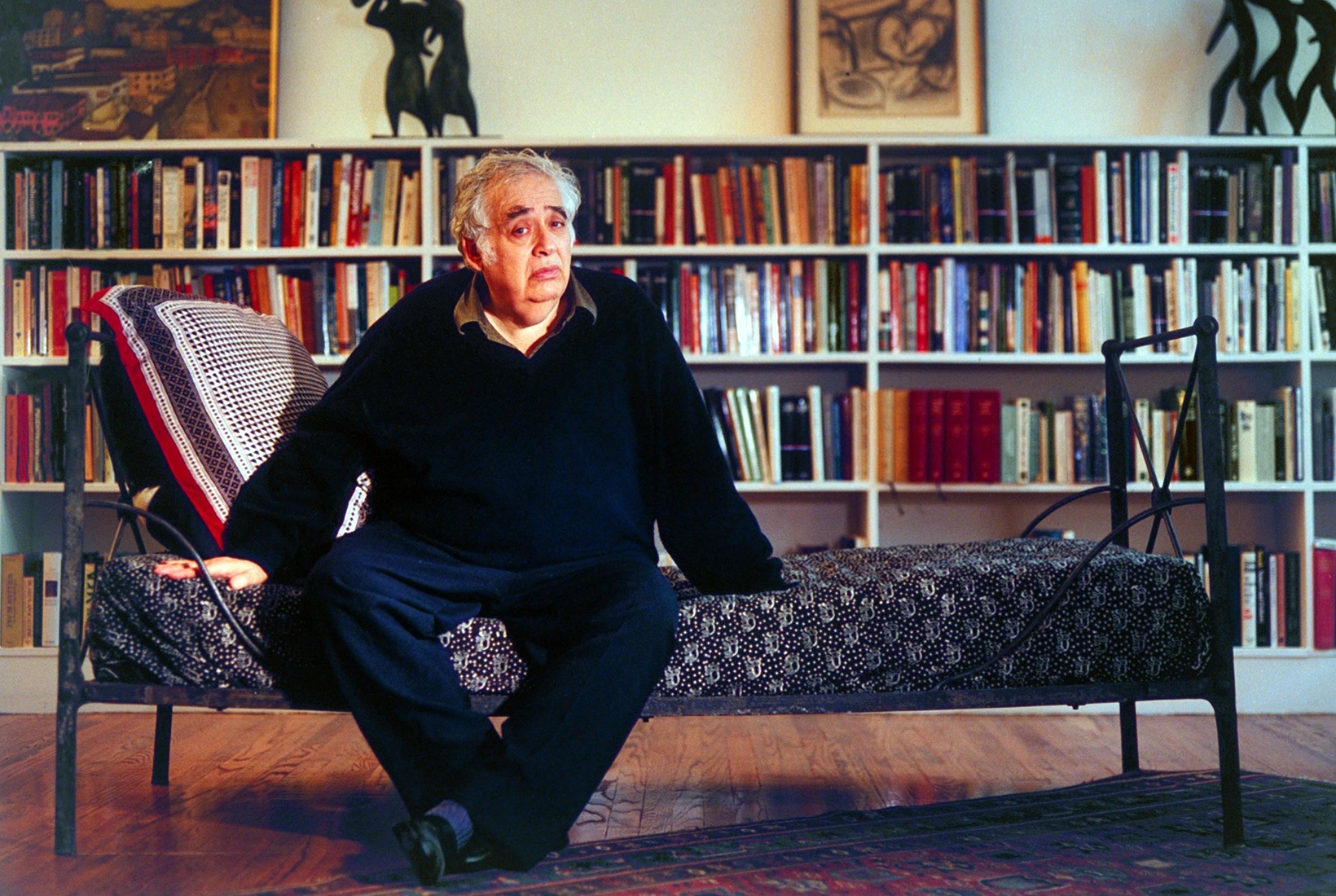While most of life’s pleasures can be shared, reading is lonely. It’s more than possible for six friends to enjoy an exquisite meal, a bottle of wine and then settle down for a four- or five-hour orgy. Food, drink, sex: these things are better shared. But if, as dawn approached, someone cracked open Chaucer’s ‘Parliament of Fowls’ and intimated that it was time to really get down to brass tacks, it could only spoil the mood.
Reading is lonely because so much of the reading that matters is hard. The books that change the world and shake the culture are rarely pure pleasure. The heaven sections of Paradise Lost. The war bits of War and Peace. The history bits embedded within the war bits of War and Peace. These are not pleasurable to read but we read them anyway, partly because they help us understand the intellectual scope of the author’s vision, and partly because we are inured to the truth that life is suffering.
Still, we try to share the things we love. Some literary people join book clubs, some attend festivals and some start podcasts. The Canon Ball is an attempt to read all the books listed by Harold Bloom in his critical tract The Western Canon (of which more in a second). The hosts describe themselves as two well-read autodidacts, though at least one of them has a PhD. The episodes, meanwhile, have titles like ‘Faust Part 2 (Part 1)’ and blurbs that read, ‘Finally! The last of our three-part series on the works of Samuel Johnson!’ With no orgies on the horizon, I decided to wade in from the beginning.
The Western Canon was Harold Bloom’s attempt to argue for a set of texts that he believed were the greatest and most foundational in western literature. Conversations about ‘the canon’ — which books are best, and who decides that — are generally a pretty good excuse for everyone who reads to have an incandescent row with everyone else: a massive, all-on-all scrum from which people occasionally emerge, smeared in blood, to proclaim that only a fascist could love The Comedy of Errors, before diving back in. The hosts pass over this problem with the quiet, pleading air of people who have young children and are not being paid for this.
I won’t argue for Bloom’s canon because it argues so well for itself. Not just great works of literature in themselves, many of his choices are source texts: the fountains from which later authors have drunk.
I’ve read Dante’s Inferno a few times, but The Canon Ball explained to me why Dante structures the circles of hell as he does, with the lustful near the top and traitors at the bottom. It’s because he believed sin was love misapplied — love for the wrong thing. The more conscious you are that you’re sinning, the worse your punishment. The lovers Paolo and Francesca believed what they were doing was right and good. Judas, on the other hand, is way out. It’s an amazingly exact scheme, which means you can determine which specific subsection of hell your enemies will go to: someone who likes bringing frivolous lawsuits against people will go all the way down to the fifth subsection of the eighth circle. If they were merely wrathful and sullen, they would get let off more lightly at level four.
This is what The Canon Ball is perfect for: deepening your knowledge of books about which you already know a little. It’s less good for stuff you know nothing about. I listened to the episode on Montaigne, about whom I know nothing, and left with a vague idea that he locked himself in a room because of his kidney stones.
Worst of all was when I really did know something. I spent several years of my life studying Paradise Lost, for reasons that can be explained only at great length and with extensive theological references. On my turf, I listened as my normally very winning and charming hosts suddenly turned into simplistic oafs, who really should have done more reading. I feel bad admitting this: it’s a failing of mine, not theirs. I don’t know how I misapplied a love of books in a way that left me touchy, mean and territorial when it comes to the ones I love the most — but I’m not the only one. It’s another reason for us to keep our reading to ourselves, and we can discuss it more when I see you all in hell.







Comments